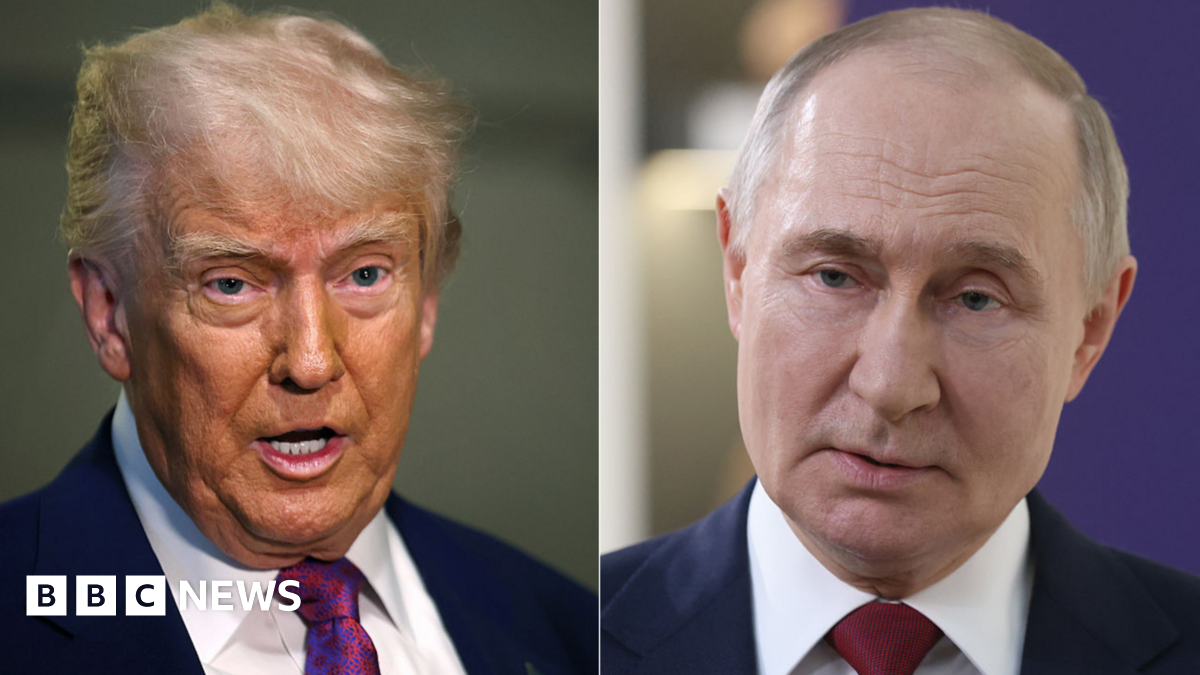Pope Francis's Past in Peru: Abuse Survivors Question Handling of Cases During His Time as Bishop

Since his election on May 8th, Pope Francis's (formerly known as Jorge Mario Bergoglio) record regarding the handling of sex abuse cases in Peru has faced increased scrutiny. Specifically, survivors are raising concerns about his actions while he served as an Augustinian superior and bishop in Peru, questioning whether sufficient measures were taken to protect vulnerable individuals and hold perpetrators accountable.
The renewed focus comes as the Catholic Church grapples with a global crisis of sexual abuse and the subsequent calls for greater transparency and accountability. While Pope Francis has implemented some reforms aimed at addressing abuse within the Church, critics argue that his past actions, particularly in Peru, warrant closer examination.
A History of Concerns: Reports and testimonies from abuse survivors allege a pattern of minimizing allegations, transferring accused priests to other parishes rather than reporting them to authorities, and failing to provide adequate support to victims. These allegations paint a picture of a system that prioritized protecting the Church's reputation over the well-being of those who suffered abuse.
“We've seen this pattern before – a focus on institutional protection rather than victim support,” stated Maria Rodriguez, a representative of a Peruvian survivor support group. “We need to understand what happened during Pope Francis's tenure and what steps he took to address these issues. Simply acknowledging the problem isn't enough; we need concrete actions and accountability.”
The Church's Response: The Vatican has acknowledged the concerns and stated its commitment to investigating allegations of abuse. However, specific details regarding the investigation into Pope Francis's actions in Peru remain scarce. The Church has emphasized its dedication to supporting victims and working towards preventing future abuse.
Legal and Ethical Implications: The allegations raise complex legal and ethical questions. While the statute of limitations for some crimes may have expired, the issue of institutional responsibility and the Church's duty to protect its members remains a significant concern. Legal experts suggest that a thorough investigation could reveal systemic failures within the Church's handling of abuse cases.
The Impact on Pope Francis's Papacy: The scrutiny surrounding Pope Francis's past could significantly impact his papacy. As he seeks to reform the Church and address the abuse crisis, his credibility hinges on demonstrating a genuine commitment to accountability and victim support. The outcome of investigations and the Church's response to the allegations will be closely watched by survivors, the global community, and Catholics worldwide.
Looking Ahead: Survivors are calling for independent investigations, access to Church records, and increased transparency in the handling of abuse cases. They hope that a thorough examination of the past will pave the way for a more just and accountable future for the Catholic Church. The ongoing debate underscores the urgent need for the Church to prioritize the safety and well-being of its members and to confront the legacy of abuse with honesty and courage.






